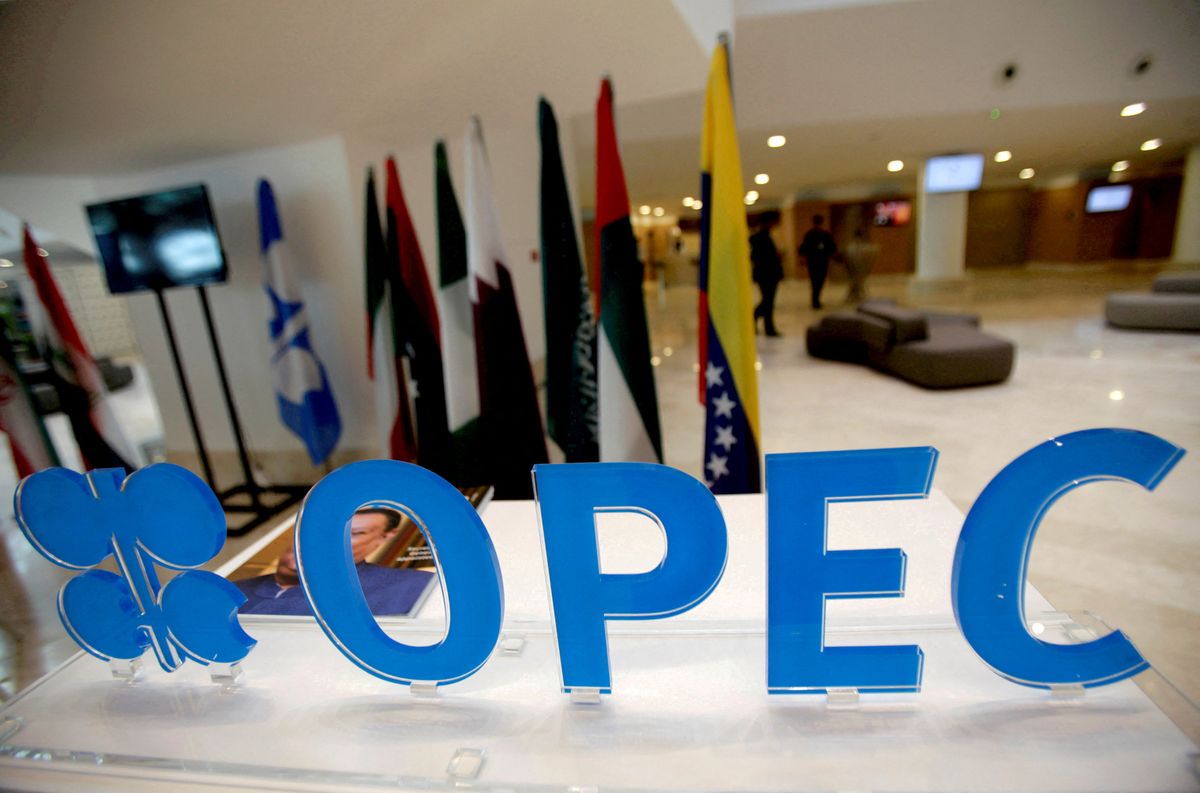OPEC+ decision to cut production sends shockwaves
OPEC+ dropped a bombshell over the weekend.

A few minutes every morning is all you need.
Stay up to date on the world's Headlines and Human Stories. It's fun, it's factual, it's fluff-free.
The backstory: OPEC+ is a coalition of oil-exporting countries created in 2016 to work together and regulate global oil production to keep oil prices in check. The group includes some heavy hitters, like Russia, Mexico and Saudi Arabia. OPEC member states alone account for around 40% of the world's crude oil production, giving them serious power to influence the global economy.
More recently: Last year's invasion of Ukraine by Russia sparked global tensions, leading the G7 to put a cap of US$60 per barrel on how much Russia could export. But with oil prices rising, there's chatter that Western countries may ease this limit. To counter the price cap, Russia announced a 500,000 barrels per day reduction in oil until year-end.
The development: OPEC+ dropped a bombshell over the weekend, announcing that it's cutting oil production by a whopping 1.6 million barrels per day from May until the end of the year. This decision has bigger implications than just oil prices. It's signaling a shift in alliances between big players like Russia, China and Saudi Arabia when it comes to calling the shots on oil.
This move may lead to a price surge, boosting Saudi Arabia's revenue and providing more funds for Russia's conflict in Ukraine. While Saudi Arabia says it's a "precautionary measure" to keep the market stable, analysts warned that this decision could have a big impact globally. With less oil available, prices are expected to skyrocket, potentially causing far-reaching consequences and pushing up inflation.
Key comments:
"The illegitimate restrictions imposed on the Russian economy may indeed have a negative impact on it in the medium term," said Russian President Vladimir Putin on TV Wednesday, as reported by state news agency TASS.
"Oil prices have partly recovered from the turmoil seen in financial markets following developments in the banking sector," wrote Warren Patterson, head of commodities strategy at ING. "Meanwhile, oil fundamentals are expected to tighten as we move through the year. Prior to these cuts, we were already expecting the oil market to see a fairly sizable deficit over the second half or 2023. Clearly, this will be even larger now."
We don't think cuts are advisable at this moment given market uncertainty – and we've made that clear," said John Kirby, US National Security Council spokesman.




Comments ()